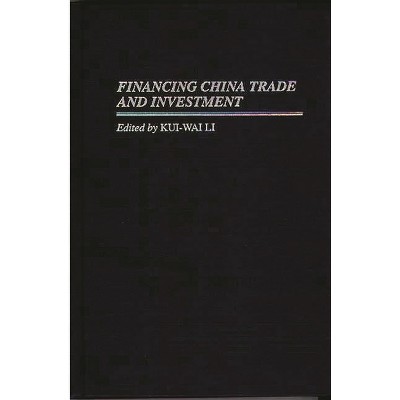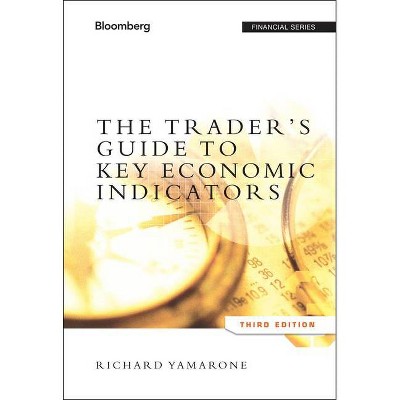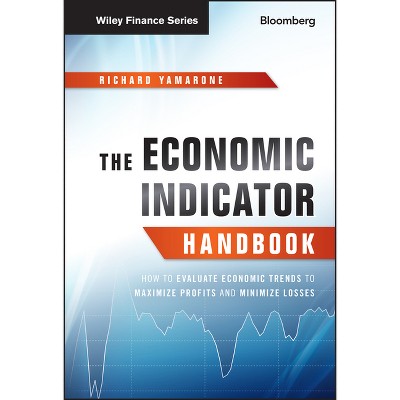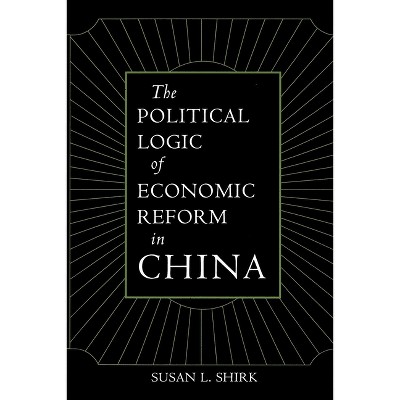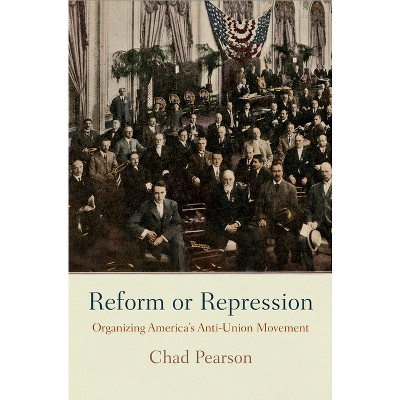Sponsored

Financial Repression and Economic Reform in China - (Praeger Series in Criminology and) by Kui-Wai Li (Hardcover)
In Stock
Sponsored
About this item
Highlights
- China is facing serious economic problems due to a low interest rate policy that encourages unproductive investments and low output.
- About the Author: Kui-Wai Li is university senior lecturer in the Department of Economics and Finance at City Polytechnic of Hong Kong.
- 208 Pages
- Business + Money Management, Finance
- Series Name: Praeger Series in Criminology and
Description
About the Book
The People's Republic of China has completed the first decade of economic reform with remarkable achievements. At the same time, it is encountering severe economic problems in runaway inflation, crippling shortages, and large trade imbalances. This work uses a macroeconomic framework of development and financial repression theories to examine the PRC's performance. Improvements in the PRC's financial productivity, according to the author, can be achieved if Chinese leaders either (1) relax the real interest rate ceiling to discourage unproductive investment and free financial resources or (2) hasten the development of the equity market.
Book Synopsis
China is facing serious economic problems due to a low interest rate policy that encourages unproductive investments and low output.Review Quotes
"Of interest to any economist interested in many and finance in the Chinese reforms." --The China Journal
"The objective of this book is to examine and model some of the important finanical and macroeconomic relationships in China's first decade of economic reform (1979-1989), China being the first socialist country which opted for economic reform and liberalization." --Abstracts of Public Administration, Development, anAbout the Author
Kui-Wai Li is university senior lecturer in the Department of Economics and Finance at City Polytechnic of Hong Kong. Doctor Li received his PhD at the City University Business School in London, and he specializes in Asian finances and economics.





